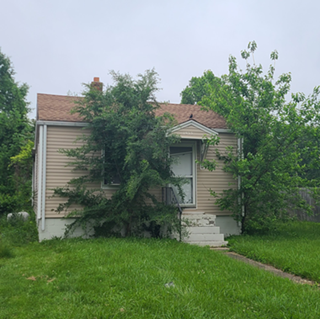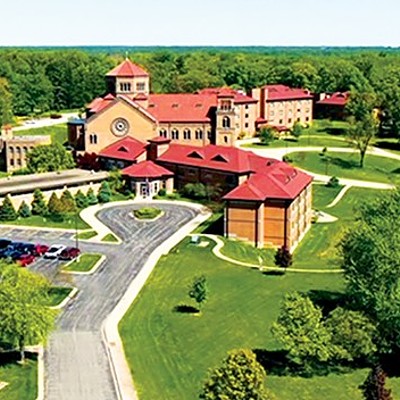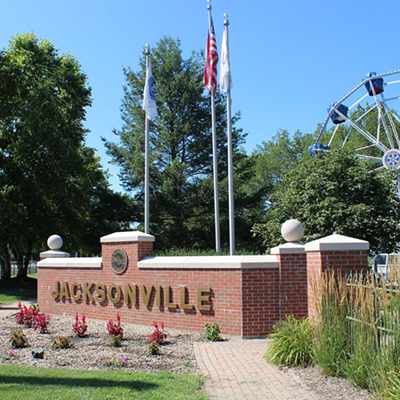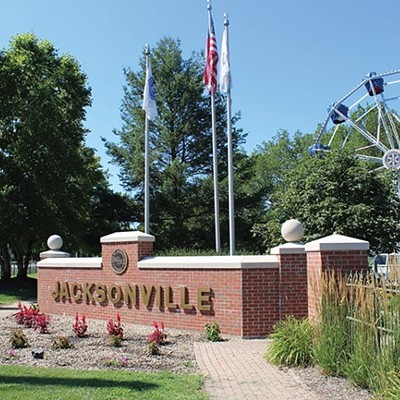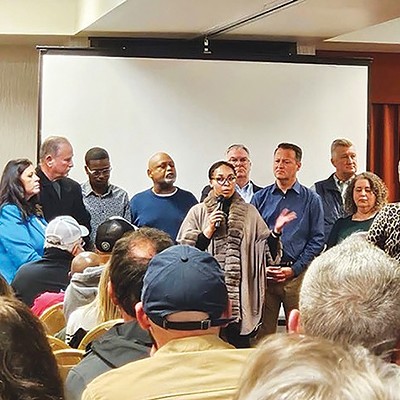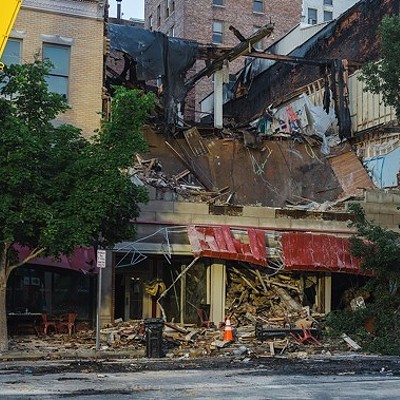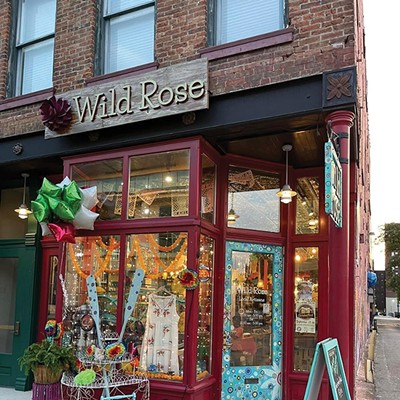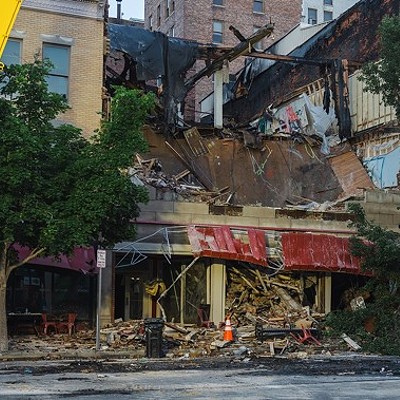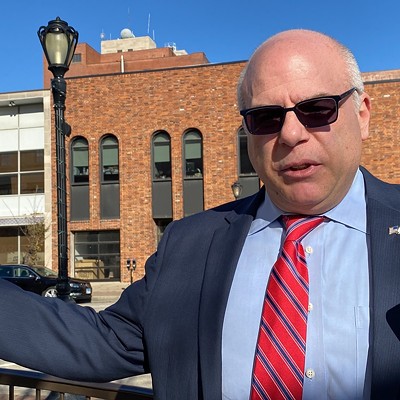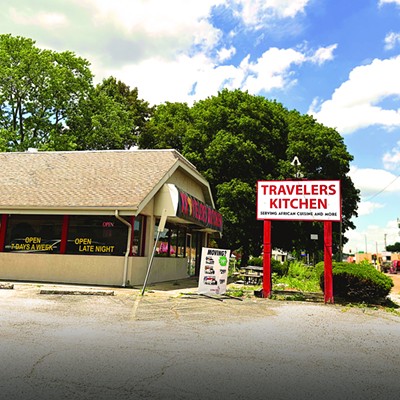The city of Springfield is launching a pilot program geared toward helping first-time homebuyers by rehabilitating dilapidated properties on the city's east side.
"On the east side of Springfield, we own properties as a city, and we're not doing enough to revitalize the neighborhoods," said Ethan Posey, Springfield's director of community relations. "We own a lot of property, and we're not selling it and we're not demolishing it quick enough. So, we came up with the My First Home initiative."
The city has allocated $120,000 this year toward rehabilitating a vacant house at 1933 E. Cedar St., Posey said. He added if this first rehabilitation project proves successful, the city will likely revitalize more homes in future years.
Several years ago, the Cedar Street house and three others were donated to the city by a bank, said Mike Lesko, the city's purchasing agent. He added he is not certain how the financial institution came to possess the properties.
Posey said Springfield owns other vacant homes, such as those along the planned high-speed rail corridor, but the focus of the My First Home initiative is on the city's east side. He said city leaders have a strong desire to promote homeownership.
"When you look at communities where there's not as much rental going on and there's more homeownership, it affects a number of things," said Posey. "People stay in the community longer. You see positive benefits with health outcomes and lower rates of violence. Because there's so much on the east side that needs to be revitalized, that's where our focus is.
"The mayor wants to see it. The administration wants to see it. We thought a good way to start would be to take properties that we already own and fix them up and turn them into places that people not only want to buy, but are going to want to stay in. There will be places you want to raise your kids," he said.
Ward 2 Ald. Shawn Gregory represents much of the city's east side and said while he is encouraged by the initiative, its initial impact will be small.
"One of the things that has to come with it is whole block restoration," he said. "We have blocks in our community that have one house and then empty lot after empty lot after empty lot. So, what it really needs to be about is whole block restoration."
Posey said various contractors will submit bids to revitalize each home. But Gregory said the community might benefit from the program more if it used the projects as training opportunities for those interested in entering the building trades.
"Not only do we want to repair the house that we want to sell to a homeowner, but we also want to put some workforce training in it as well," Gregory said. "Young people, middle-aged adults – even people my age – want to get good, decent paying jobs or learn a trade in the same community in which they're from. I'm always happy to hear about (city initiatives), but I'm asking, 'Is it enough?'"
Gregory and Ward 3 Ald. Roy Williams were vocal supporters of a similar plan put forth by the previous mayor, Jim Langfelder, that would have utilized participants from the Southtown Construction Training Center to fix up city-owned houses. During his State of the City address in May 2022, Langfelder announced what he called the Whole Block Housing Initiative.
Brad Schaive, the business manager for Laborers 477, later addressed the city council and objected to the proposed partnership, citing an ongoing dispute over whether owner Calvin Pitts was current on his union dues. The council ultimately declined to move forward with the program.
Just how the purchaser of the rejuvenated home will be selected has yet to be determined, Posey said.
"We're going to be selling it to someone who is a Springfield resident and who is a first-time homebuyer," Posey said. "Now, the process for creating the application itself is still being done. So, we don't have the specifics on what the qualifications are going to be.
"We want to make sure that we consider different factors very carefully. And that includes economic income. ... We don't want anyone to purchase the house and then not be able to pay the mortgage or not be able to pay the taxes. That would be a detriment to the community. We don't want to put anyone in a position where they have this great opportunity, and then it ends up making their life harder."
Scott Reeder, a staff writer for Illinois Times, can be reached at [email protected].

